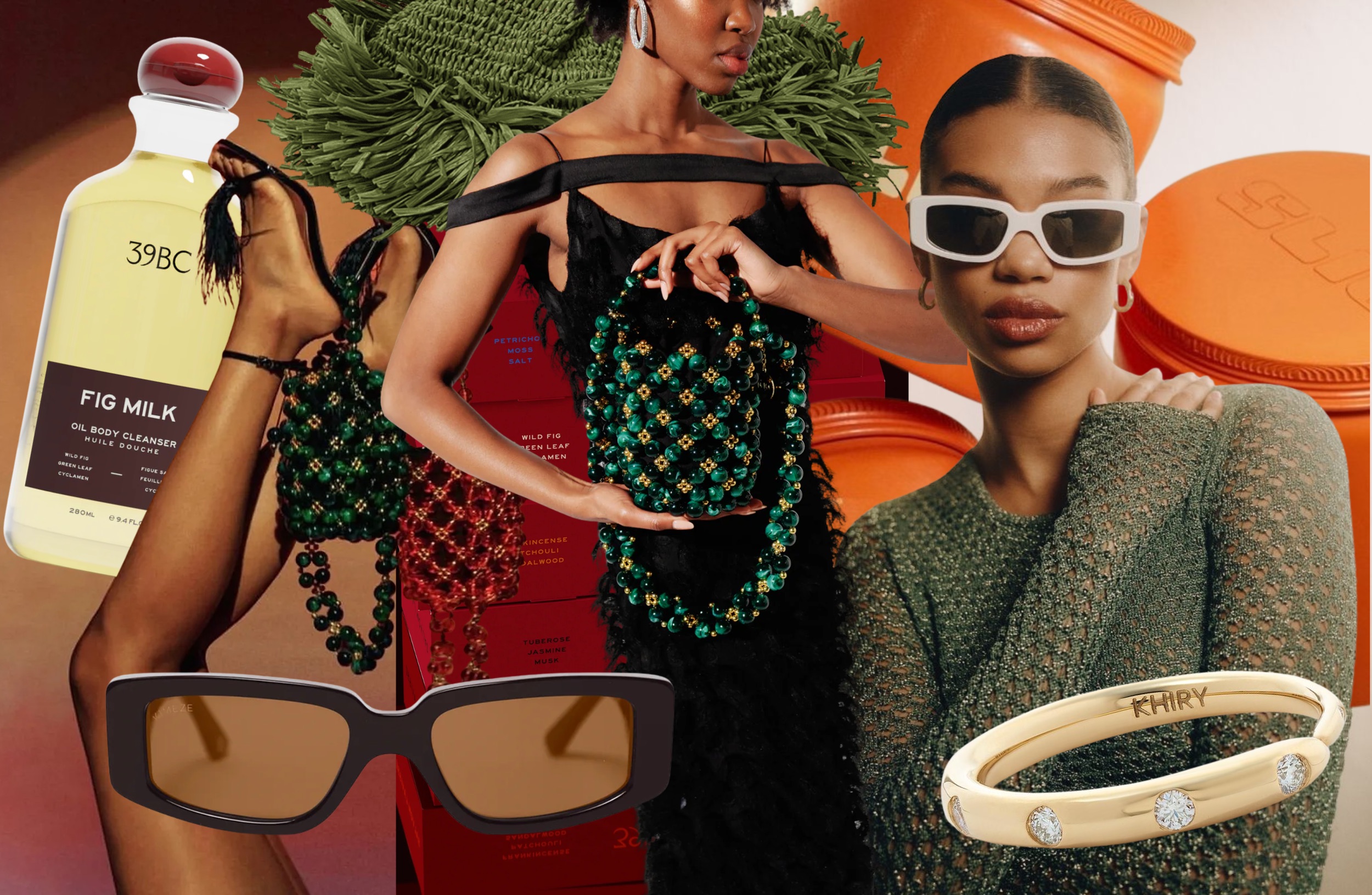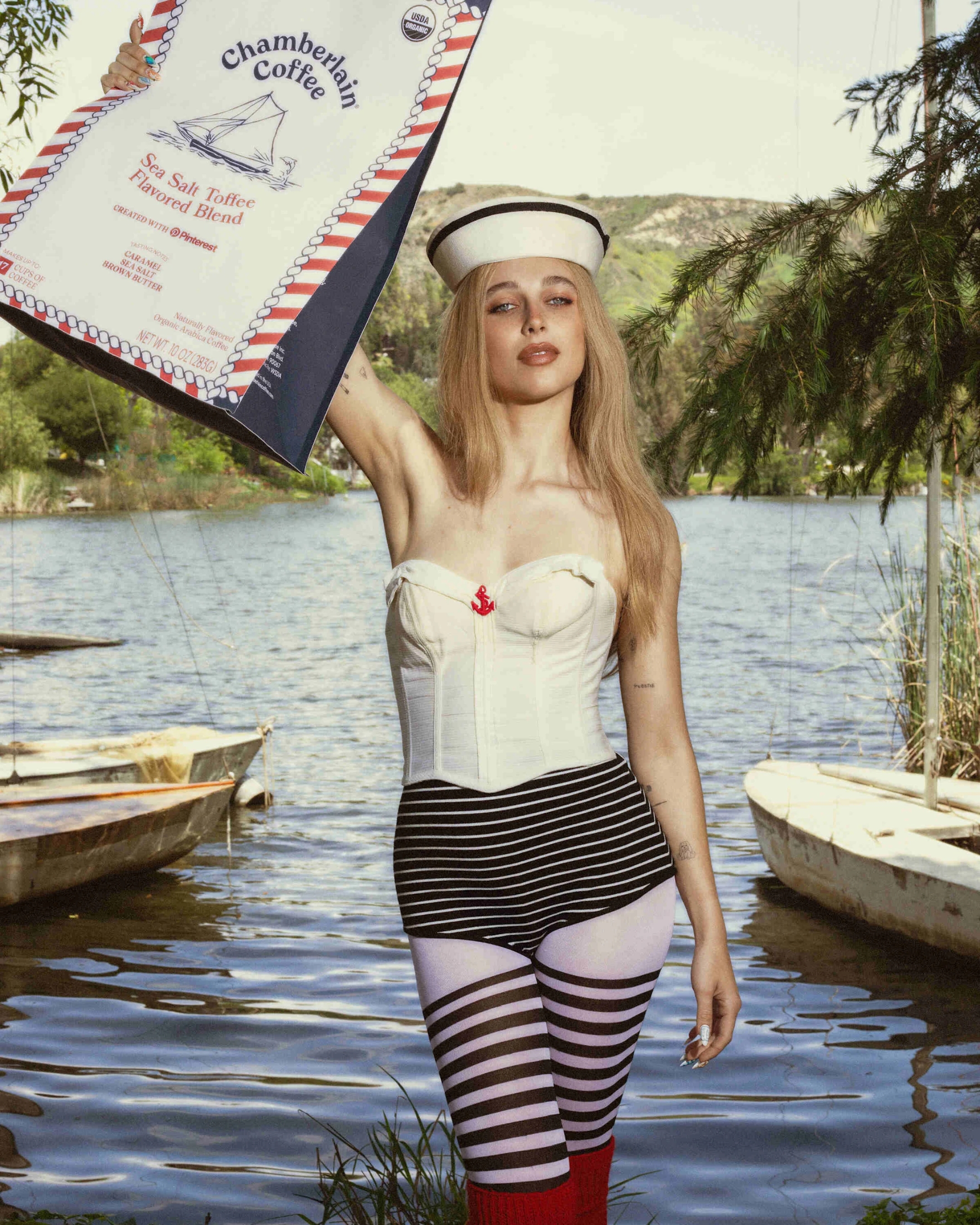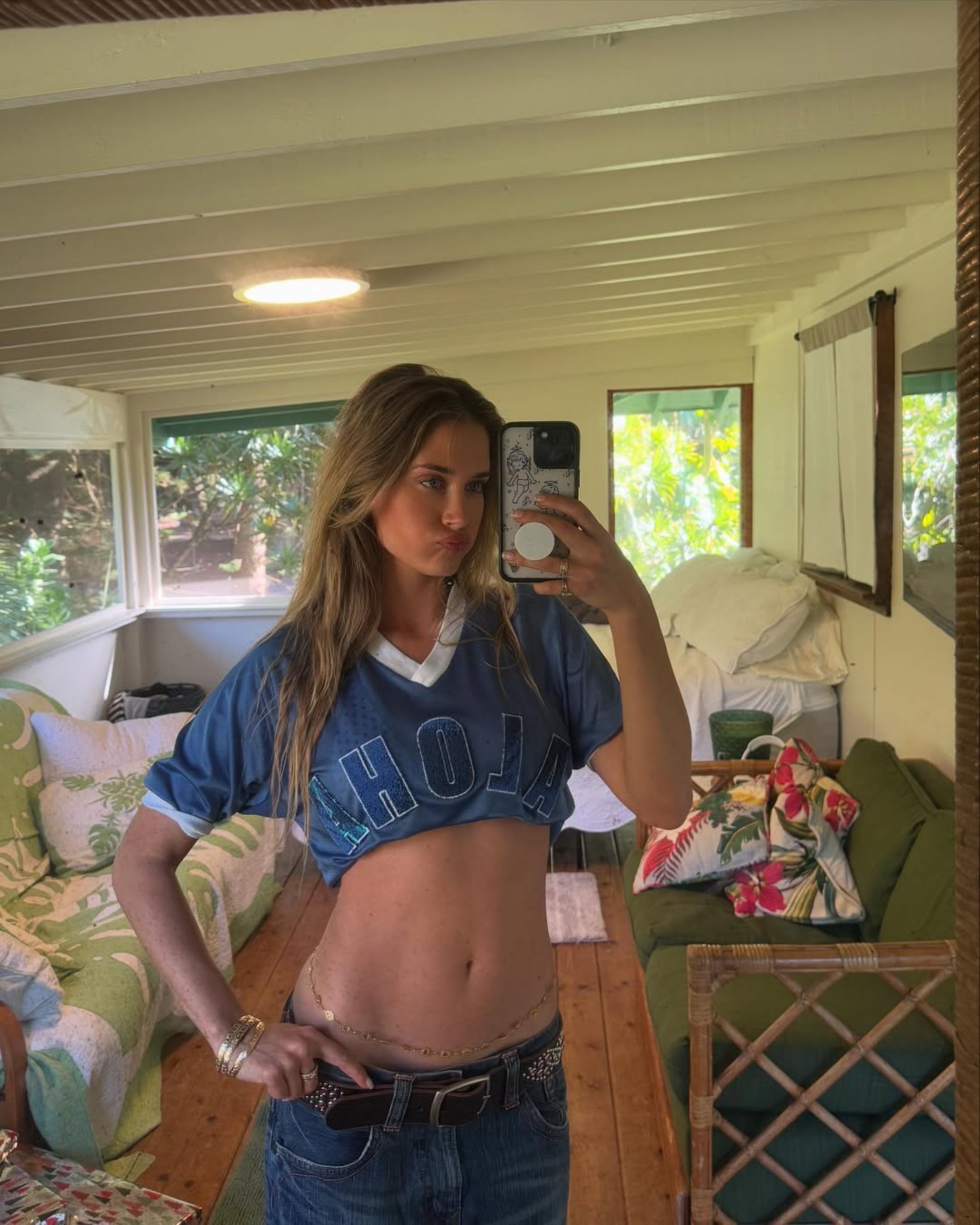In a world where every entrepreneur seems to have a polished, curated online presence, there’s a noticeable shift happening among modern founders, especially those who frequently appear on our feed—one where personal narratives are becoming as important as the products being sold. This trend is not just about the business; it's about the people behind them and how their personal stories are driving brand loyalty in ways that traditional marketing never could. These founders aren’t just selling a product; they’re offering a piece of themselves. And it’s working.

Take Aimee Smale, for instance—the founder and creative director of the burgeoning fashion label, Odd Muse. Funny enough, it’s a grey afternoon in Covent Garden, and I'm sitting in the corner of a little café, a stone’s throw from Odd Muse’s flagship store. The store, which seems to brighten up the street with its pink exterior, minimalist interior and elegant display of timeless pieces, is a testament to Smale’s vision: to bridge the gap between fast fashion and high-end luxury. Smale’s journey to this point is nothing short of remarkable. Just a few years ago, she was working as an administrative assistant at ASOS, saving up for a house deposit by selling £10 logos. But the fashion world had other plans for her. “Back then, I knew no one my age was going to buy a £2,500 YSL blazer," she says. “I just wanted to offer a fast fashion alternative and justify a price point that encouraged re-wearing and investing in your wardrobe. I wanted it to be intergenerational fashion; it doesn’t have to be Chanel to be handed down. I felt like there was a whole missing market not being promoted to younger women, so I stepped in and created Odd Muse.”
That risk paid off spectacularly. Odd Muse’s first product, the Ultimate Muse Blazer, sold out within days of its launch in 2020. The brand has since expanded to include a range of versatile, standout wardrobe pieces—think cinched-in waists, puffed skirts, and pearl details—all designed to be timeless, high-quality, and, as Smale puts it, “fashion with no sell-by date.”

Social media has played a crucial role in Odd Muse’s success. Despite being “so shy growing up,” Smale is keenly aware of the power of platforms like Instagram and TikTok, where the brand has cultivated a loyal following. She’s the “poster girl of her own business,” as the Sun puts it, and says she is “set on authenticity” when posting on both her personal and professional channels. “Having fun with the brand has really boosted our community,” she says. “We’re connecting with our customers so differently than any other luxury brands are.”
Smale understands her target audience spends a lot of time on social media so it's important for her to be there, too. But it’s not just about showing the clothes—it’s about telling a story. And tell a story she does. Smale’s online presence is an extension of her brand, blending personal insights with professional milestones. Whether she’s sharing behind-the-scenes glimpses of design sessions or candidly discussing the challenges of entrepreneurship, her authenticity shines through, resonating deeply with her followers.
Smale isn’t just selling clothes; she’s offering a piece of herself. Her brand is an extension of her own journey—a journey of risks, rewards, and a relentless pursuit of passion. “We have built such an amazing community of women worldwide that are obsessed with this brand,” Aimee says. “Our thing is building out that community and what we can do, like in-person events for our customers.

Smale's strategy, though highly effective, is part of a larger movement where personal branding is becoming indispensable. Unless you’ve been living under a digital rock, you’ll know that Beverley is the mastermind behind fitness brands Tala and Shreddy. Beverley has cultivated more than just successful businesses; she’s built a loyal community of followers who are as invested in her life as they are in her products. Her social media presence is a carefully curated window into her world, where she shares not just the latest product launches but also candid moments from her life—weekends away, the occasional dog antics, and even the intimate details of her fiancé’s proposal.
Beverley’s strategy is far from accidental. By opening up her life to her followers, she has created a brand that feels personal and accessible. Tala, known for its sustainable activewear, is a direct reflection of Beverley’s commitment to environmentalism and ethical fashion. Her transparency about the challenges and rewards of running a business, coupled with her genuine passion for sustainability, has resonated deeply with her audience. This authenticity has not only differentiated Tala in a crowded market but has also built a sense of community among her customers, who see themselves as part of a larger movement towards conscious consumption.

And let’s not forget Pia Mance, founder of Heaven Mayhem, whose rise in the fashion world is as much about her tenacity as it is about her designs. Mance started her jewellery brand with just $900, making pieces on her bedroom floor, and has grown it into a brand that’s now a staple on the fashion circuit. Her story is one of grit, hustle, and an unwavering belief in her vision.
Mance’s approach to social media is as hands-on as her approach to business—she’s not just selling jewellery; she’s sharing her entrepreneurial journey in real-time, offering her audience a front-row seat to the evolution of her brand. This level of engagement, this direct line between founder and consumer, creates a bond that goes beyond the transactional.
The Psychology of Nosy Consumers
So, why are we so captivated by these personal stories? The answer lies in the psychology of curiosity and connection. Human beings are inherently curious creatures, driven by a desire to understand and relate to the world around them. This curiosity extends to the lives of others, especially those we admire or find inspirational. Social media has amplified this curiosity, offering us unprecedented access to the personal lives of public figures, including entrepreneurs.
This fascination with personal stories is not just about voyeurism; it’s about forming connections. When consumers learn more about the person behind a brand, they begin to feel a sense of familiarity and trust. This familiarity breeds loyalty, as customers are more likely to support brands they feel personally connected to. The entrepreneurs who share their stories online are tapping into this psychological drive, using it to build stronger, more loyal communities around their brands.
Consumers want to feel connected to the brands they support—they want to know the people behind the product. This doesn’t mean every founder needs to broadcast their life to the world, but it does mean that authenticity, transparency, and personal connection are more important than ever.
For new entrepreneurs, the takeaway is simple yet profound: in a world where so much is vying for attention, the most valuable asset you have might just be your own story. The question is, how will you tell it?






.svg)


.svg)
.svg)






